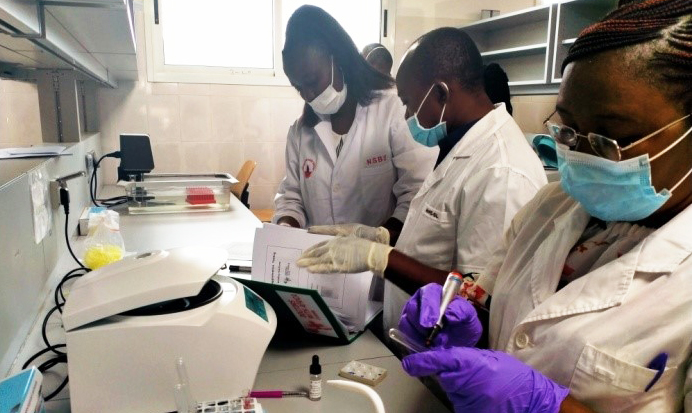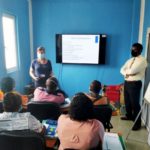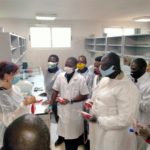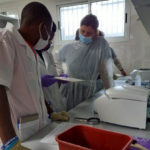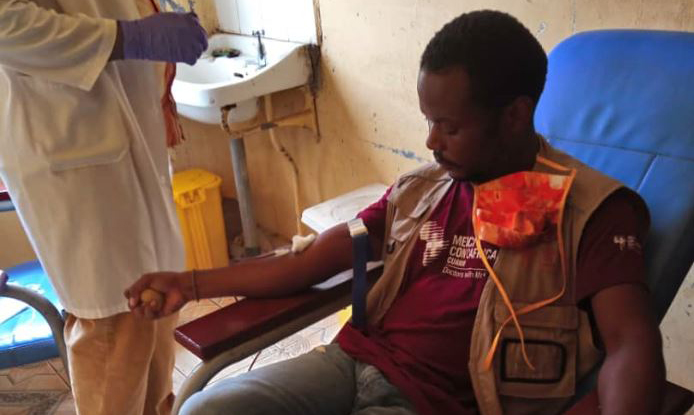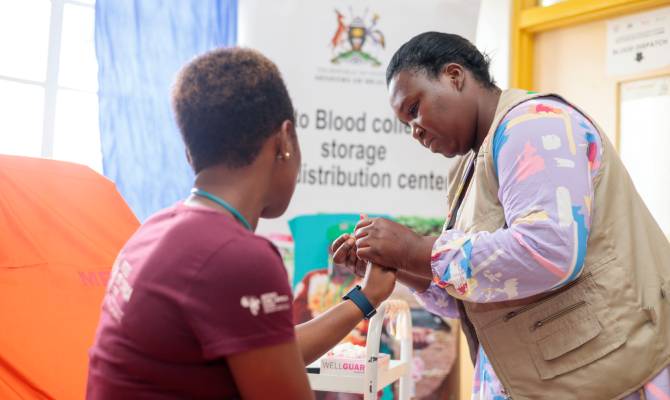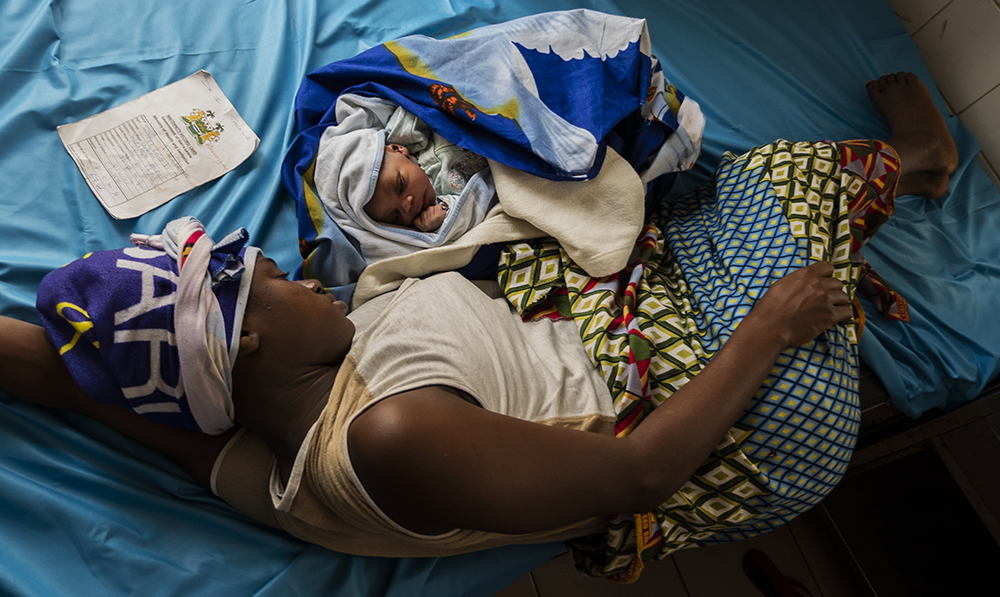Mauro Fattorini, lab technician, returned from Sierra Leone more than one month ago, after having carried out 4 missions in the country of about a month each. Here is the story of his experience.
“The lab technician profile is getting more and more important in Cuamm’s projects in Africa. Diagnostics is performed at various levels, even in systems with limited resources, but it becomes increasingly complex leaving urban areas and approaching peripheral and remote areas. The clinical-medical aspect is always linked to the diagnostic aspect, which consists in particular in the laboratory.
The laboratory is an environment that requires a delicate management and several machines to operate; in addition, to these machines must be guaranteed an adequate maintenance. And again, reagents are needed and in a context of limited resources becomes complex to have them without running into problems of speculation. The characteristics of the context and the skills of the staff must always be carefully evaluated: it is essential to understand if there are the conditions and the resources to really ensure the functionality of the laboratory. From success to failure, the step is really short.
My latest experience in Sierra Leone has been focused on the management of blood banks, blood transfusion and blood storage centres, and the management of their personnel. The project includes 14 centres in all districts and works in collaboration with local authorities in line with the national programme. The goal is double: actively communicate with the local counterpart and “act as a glue” between the periphery and the centre.
Previously my role was more within the hospital, and now, as the surgery has been extended, we have been working “at the country level”, with a broader and more comprehensive management. The project is very dynamic and therefore even more challenging. Initially, we have organized an assessment of the context and based on the survey’s results we organized the training activities of the local staff. One of the trainings was held in Freetown where the technicians from the peripheral areas came to attend to a theoretical-practical course and it was an opportunity to connect all colleagues. A second part of the training, more challenging, was on site, working closely with the technicians: five consecutive days in each blood bank.
The main objective of the mission was to understand if the blood banks were able to store adequately the blood bags that must be kept at a constant temperature of 4-6 degrees. But how to do it in a context where electricity comes and goes? We brought in all the districts the solar blood bank refrigerators districts and taught the local staff how to use them. Training must be accompanied by a process of informing and raising public awareness of the importance of donating blood. A path that will certainly take time because it involves a change of mentality and behaviour.”

